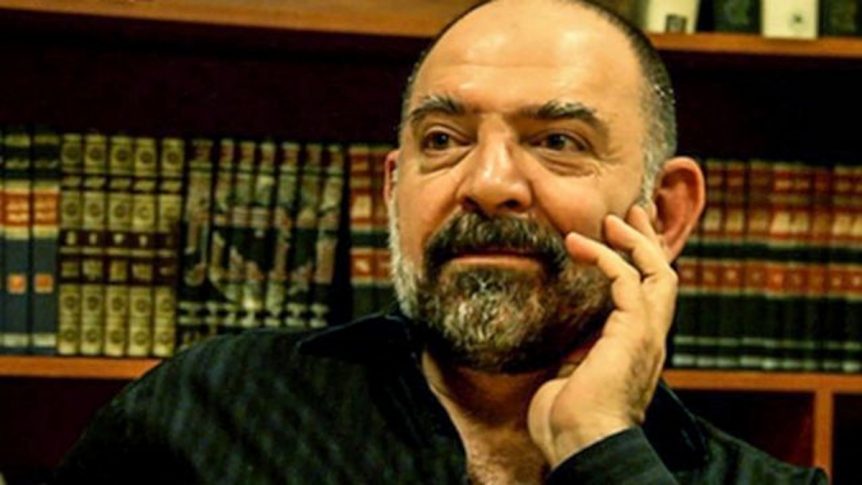The Cairo Institute for Human Rights Studies is greatly saddened over the assassination of Loqman Slim, a prominent Lebanese political activist. For the sake of justice, we are calling for an independent and transparent international investigation into the killing as a critical step towards holding the perpetrators accountable.
On 4 February 2021, the world learned that after Loqman Slim had been missing for hours, he was found dead in his car with a gunshot wound to his head. Slim was a harsh critic of Hezbollah, Lebanon’s political class, and the repression of the uprising in Syria. In 2005, he established UMAM Documentation and Research, an NGO engaged in research and historical archiving, including a database to track individuals killed or disappeared during Lebanon’s 15-year civil war.
Loqman Slim’s assassination renews concerns about shrinking space for open dialogue and criticism by opposition, activists, human rights defenders, and journalists; and echoes the string of assassinations in the mid-2000s that targeted Lebanese journalists and political figures, crimes for which the perpetrators were not held accountable. Slim’s assassination could have a chilling effect on the country amid a worrying series of measures that threaten free speech in Lebanon, including defamation laws that have been used to silence journalists, activists, and other critics of government policies and corruption, surveillance technology that has been used to target activists and journalists, and the use of military courts to try civilians as a means to silence political speech and activism.
Impunity continues to reign supreme as Lebanon plunges deeper into an escalating crisis. A deadly and devastating explosion at the Port of Beirut on 4 August 2020 left more than 200 dead and 6,000 injured, and over 300,000 people were left homeless. In the six months since, there has been little progress in the investigation, which lacks transparency, and those responsible for the events leading up to the explosion have not been held accountable. Hampered by a judicial system that lacks credibility and impartiality and is beset by corruption, Lebanon is facing mounting crises with political leadership that is unable to ensure the basic rights of its people, while on the verge of economic collapse exacerbated by the Covid-19 pandemic.
Since 2015, the Lebanese people have been protesting against cronyism, systematic and widespread corruption, and mismanagement by Lebanon’s political elite. The Lebanese people have demanded structural and democratic reforms, including changing personal status codes that discriminate against women, and ending sectarian power-sharing in favor of a more democratic and representative system. We call on the international community to extend its support to civil society and the people of Lebanon, and heed their calls for structural and democratic reform.
Share this Post

